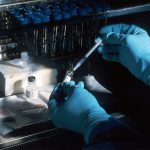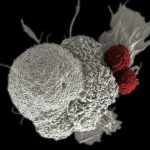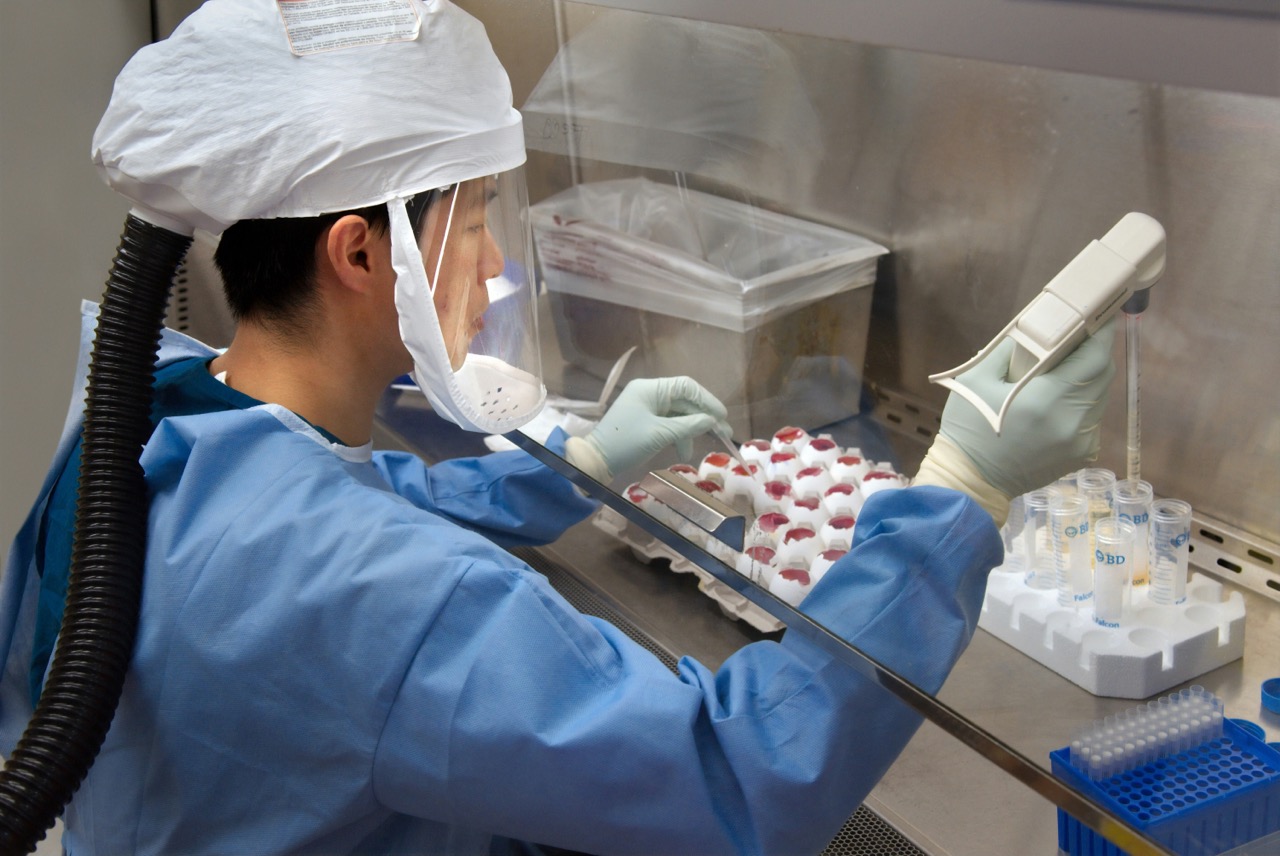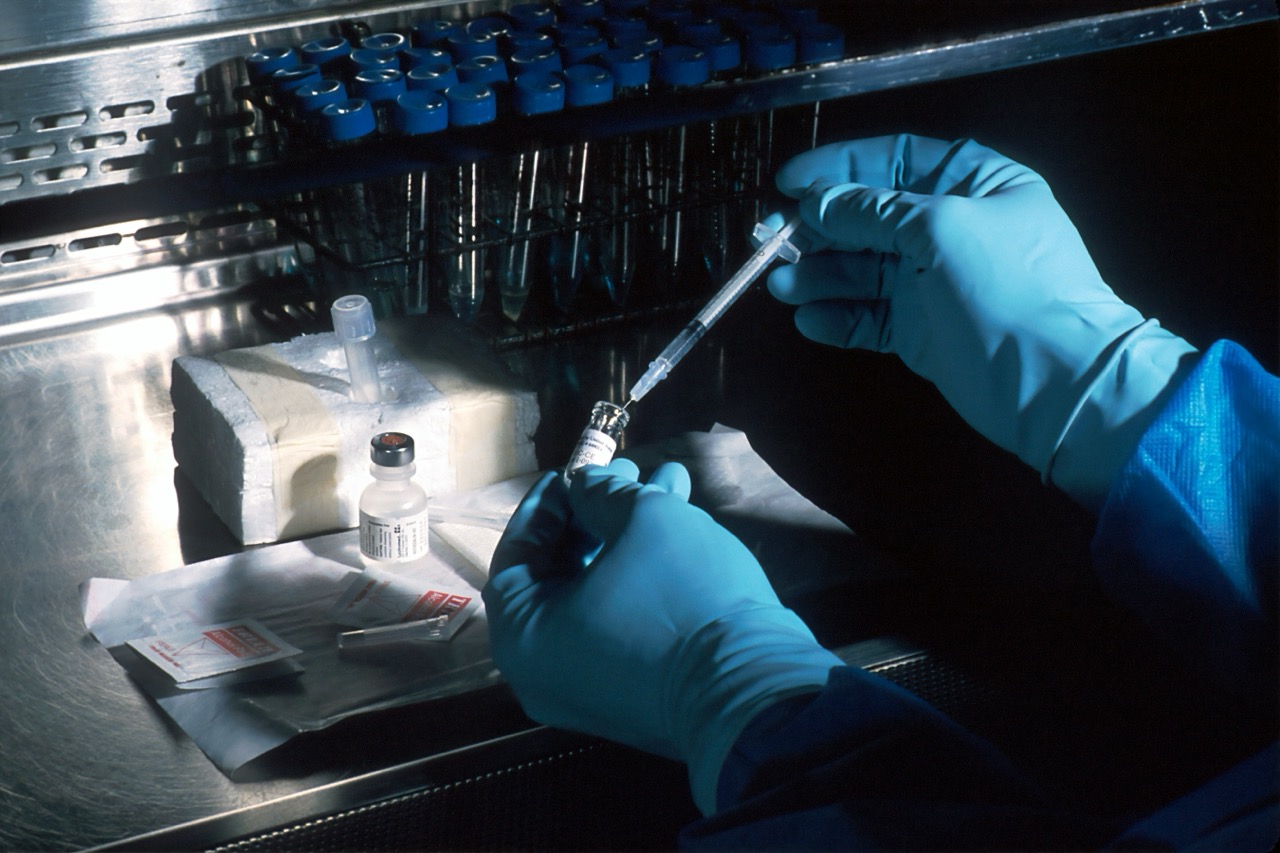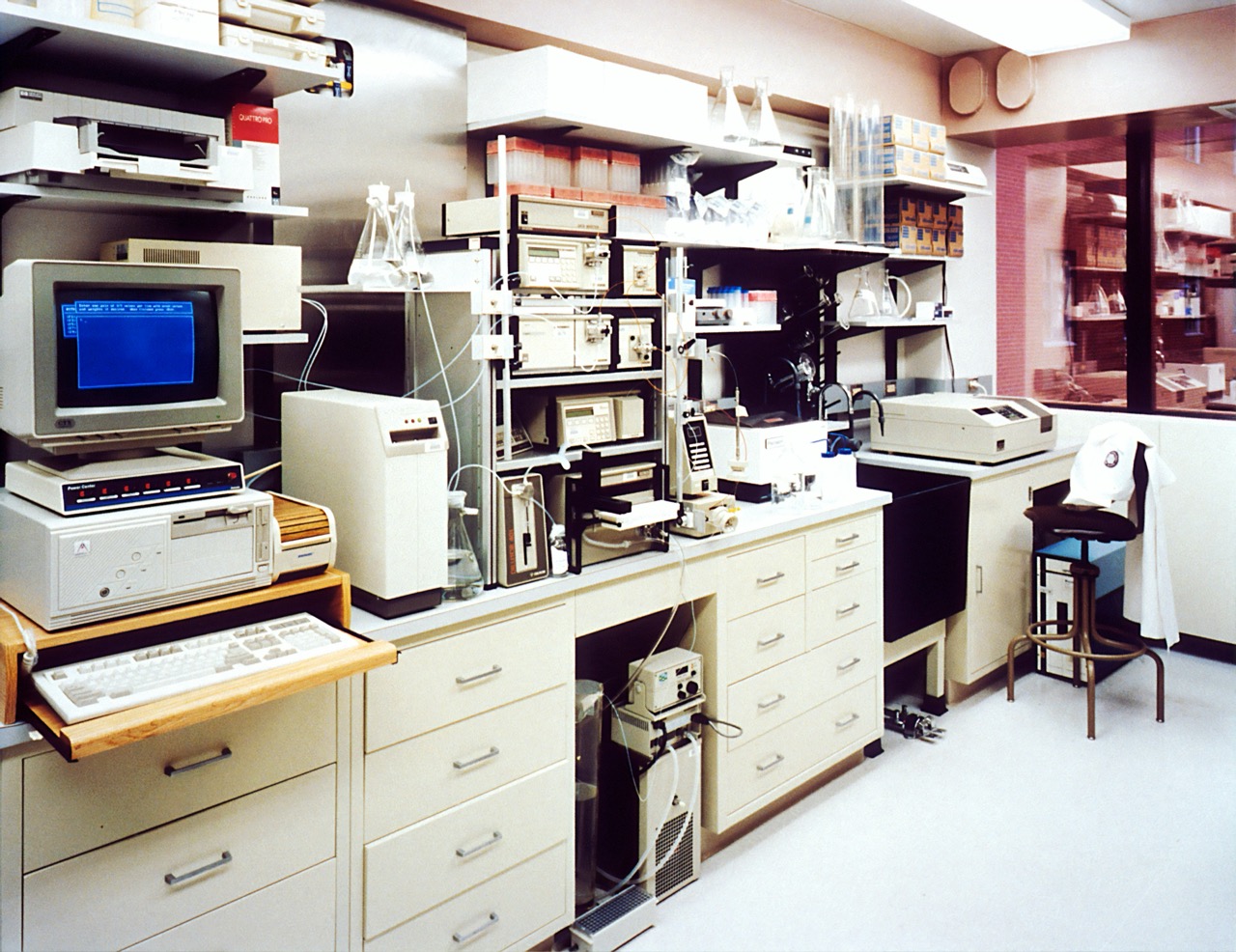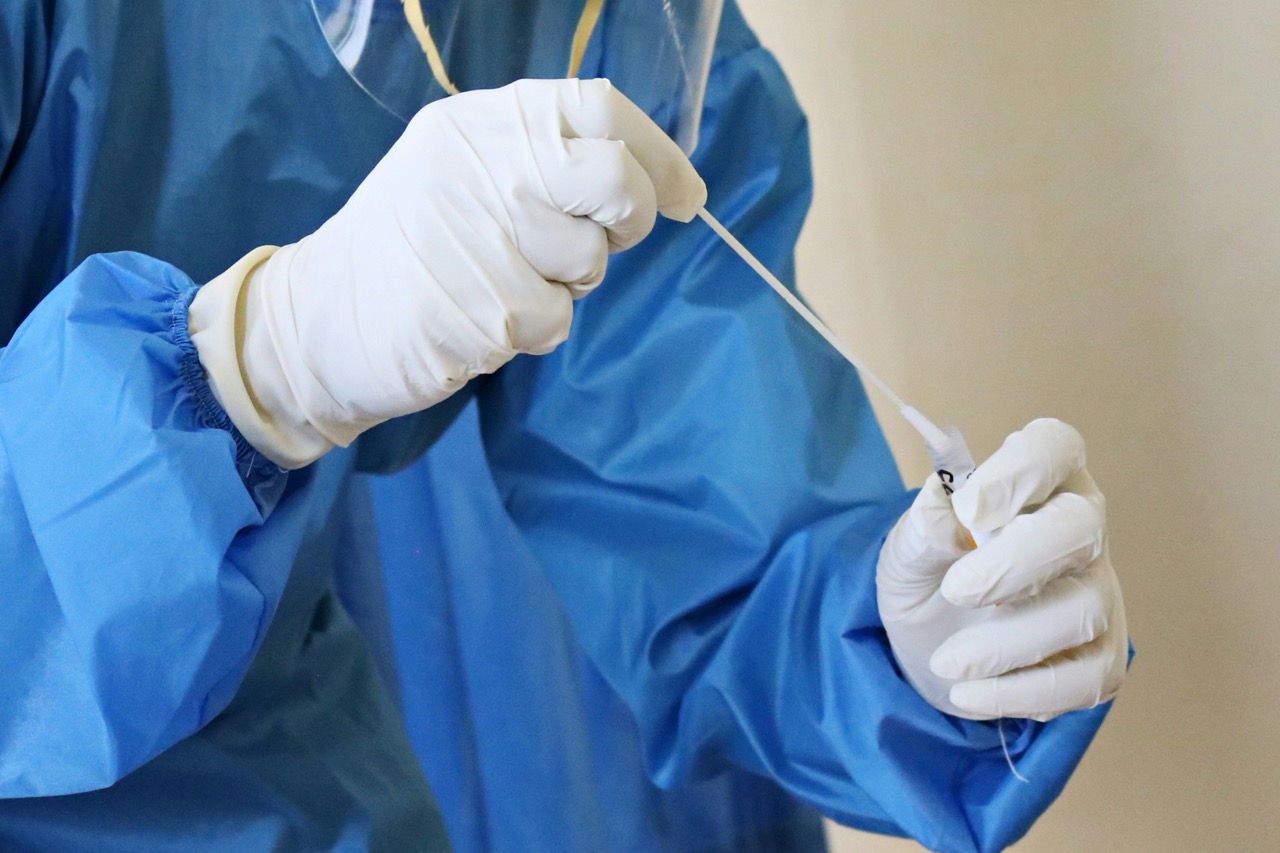Can STD Tests Identify Rare Infections? Let’s Dive In!
The world of health can sometimes feel like a puzzle, filled with pieces that don’t always seem to fit together. Amidst the chatter about standard tests for sexually transmitted infections (STIs), there lies a curiosity: Can these trusty tests also uncover rare infections? Grab your magnifying glass, and let’s explore this intriguing question!
The Basics of STD Testing
First, let’s set the stage. Standard STD tests are designed to identify common infections, such as chlamydia, gonorrhea, syphilis, and HIV. These tests have come a long way, becoming more accessible and efficient over the years. You can take them at clinics, hospitals, and even your own home! But what happens when we venture into the realm of the rare and unusual?
Rarity and Relevance
Rare infections can be like exotic flowers in the garden of health—beautiful and fascinating but not always easy to spot. Some rare STIs, such as lymphogranuloma venereum (LGV) or granuloma inguinale, do exist, but they often don’t make the headlines like their more common cousins. This raises an important question: Are standard STD tests equipped to identify these uncommon infections?
The Good News: Testing & Technology
The good news is that while standard tests focus on the most prevalent infections, many healthcare providers are aware of the potential for rare infections. If you’re experiencing unusual symptoms or have been exposed to something out of the ordinary, don’t hesitate to speak up! A healthcare professional can order specific tests that delve deeper, ensuring a comprehensive evaluation.
When to Consider Additional Testing
If you find yourself in a situation where something doesn’t feel quite right—perhaps an unusual rash, persistent discomfort, or a change in discharge—it’s time to channel your inner detective. Here’s a checklist to help you decide when to seek further testing:
-
Unusual Symptoms: If you notice something that doesn’t match the usual signs of common STIs, it’s worth mentioning to your healthcare provider.
-
Travel History: Have you traveled to regions where rare infections are more common? This can be a critical factor in your evaluation.
-
Risky Behaviors: If you’ve had unprotected sex or multiple partners, it’s worthwhile to discuss your history with your doctor.
-
Persistent Issues: Symptoms that stick around or worsen should never be ignored. Your health is a priority!
The Lab: A Magical Place of Discovery
Once you’re in the lab, a world of possibilities unfolds. Advanced diagnostic methods like PCR (Polymerase Chain Reaction) and serology tests can help detect infections that may fly under the radar in standard tests. These techniques are like the superheroes of the medical world, zooming in on specific pathogens and uncovering infections that others might miss.
An Ounce of Prevention
Let’s not forget the power of prevention! While testing is crucial, practicing safe sex through the use of condoms and regular screenings is your best bet for staying ahead of the game. Regular check-ups can catch infections before they become a bigger problem, and many healthcare providers offer tailored advice based on your individual risk factors.
In Conclusion: Stay Curious and Stay Healthy!
So, can STD tests identify rare infections? The answer is a resounding “maybe”! While standard tests are fantastic at flagging common STIs, diving deeper into the realm of rare infections often requires a little extra detective work and an open dialogue with your healthcare provider.
Embrace your health journey with joy and curiosity! Whether you’re taking a test or just gathering information, knowledge is power. Remember, staying informed and proactive is the key to a healthy and vibrant life. So, keep smiling, keep asking questions, and take charge of your sexual health—because you deserve nothing less!
